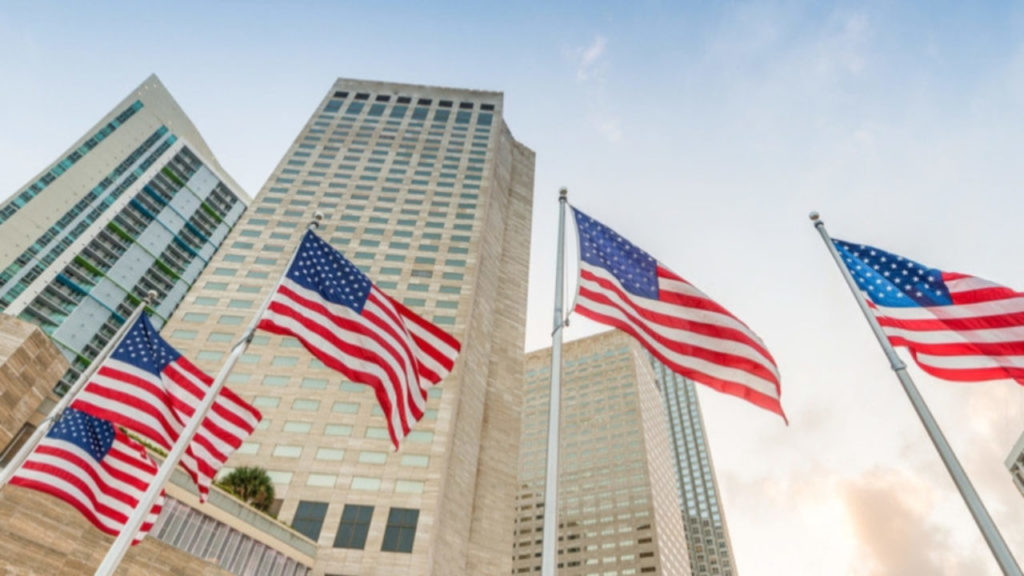US Lawmakers Ask H1B Visa Regulations To Be Waived Off For Some Professionals: Find Out Why?

The US has the highest number of confirmed coronavirus cases recorded, with numbers exceeding 638,000 people. It has also dethroned Italy, securing the maximum number of recorded deaths, over 31,000. There is an unprecedented surge in the number of infected cases and deaths, each day.
This clearly implies that the country should work in a full-fledged fashion to tackle this growing cases of positive coronavirus.
Now, according to USCIS rules, foreign doctors holding H-1B and J-1 visas in the US, cannot provide their medical services in areas that don’t cover their immigration status.
This rule has been heavily challenged by a bipartisan group of 40 influential US lawmakers, in such a time of public health emergency.
Lawmakers Question USCIS Rule
A bipartisan group of 40 influential US lawmakers wrote a letter to Ken Cuccinelli, Acting Director of the US Citizenship and Immigration Services (USCIS), to waiver the restrictions on H-1b and J-1 visa holding foreign doctors, restricted on performing medical care outside of specifically approved locations, in times like these.
In such a public health emergency, the main goal should be a surplus influx of number of physicians available to respond to the pandemic.
The current public health crisis requires a robust and timely medical response that begins with getting physicians to the front lines. Health care workers on H-1B and J-1 visas, including physicians in the Conrad State 30 program, which helps retain US-trained physicians who work in undeserved areas, are a key resource in this process.
What is this Conrad State 30 Program About?
From what we have all known, is that the H-1B visa is generally popular among foreign IT professionals. However, when it is not bound by the Congressional mandated limit of 65,000 visas per year, this visa can also be issued to doctors from foreign countries, including India.
However, since this visa is bound to specific roles for which they are issued, a doctor holding this visa cannot be roped in for any other public health program or temporarily transferred or posted to other place.
These doctors are also bound to return to their home country for two years after their training has ended, before applying for another visa or green card.
This Conrad 30 program passed by the Congress allows doctors to stay in the US without having to return home if they agree to practice in an underserved, often rural, area for three years.
The “30” refers to the number of doctors per state that can participate in the program.
US in Dire Need of Such Health Officials
State and local governments as well as health care providers have found that the site-specificity for work authorization has prevented physicians holding an H-1B or J-1 status from transferring to hospitals and facilities that are overwhelmed with COVID-19 patients or are experiencing staff shortages due to quarantine requirements.
The lawmakers urged USCIS to grant health care providers relief as soon as possible so that the nation’s critical resources can be effectively deployed.
The restrictions for physicians with J-1 or H-1B visas unnecessarily limits a pool of ready and willing Iowa physicians to further aid in testing and treating COVID-19.
As per the letter, USCIS should immediately waive the requirements of the 2015 Simeo guidance for health care providers seeking changes in previously approved employment or new concurrent employment during the current public health emergency.

Comments are closed, but trackbacks and pingbacks are open.